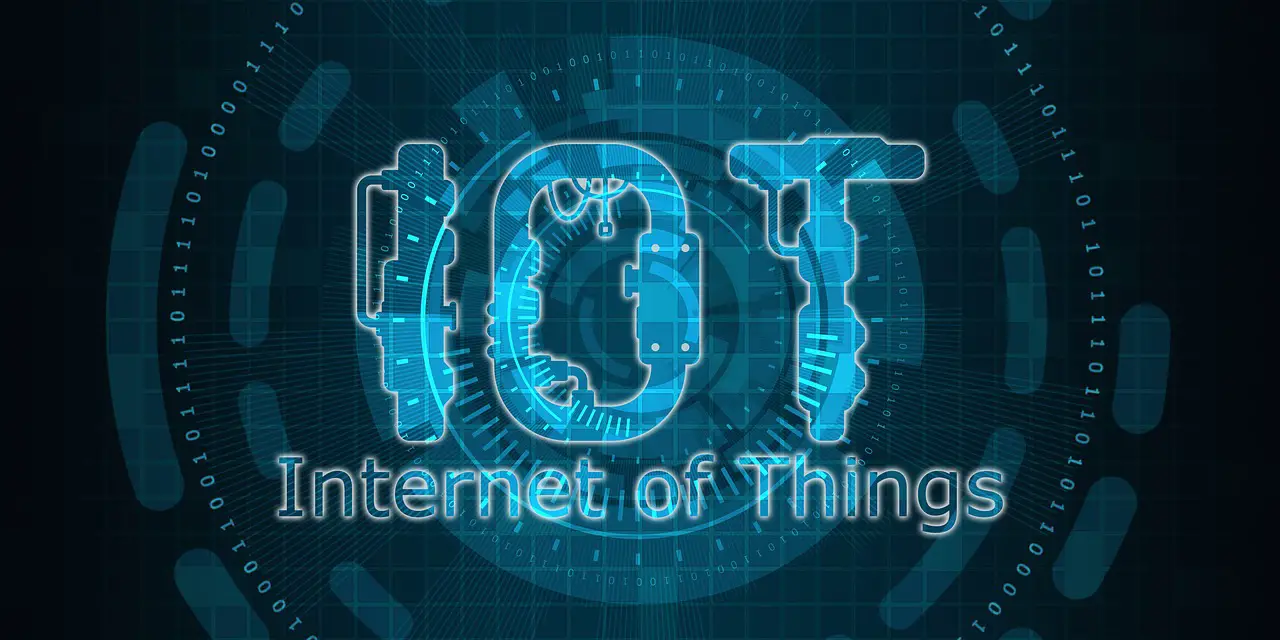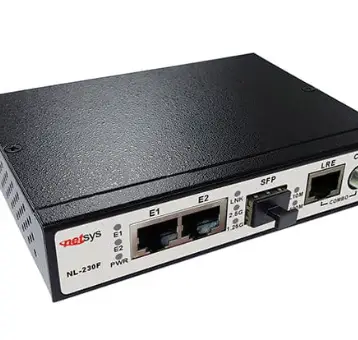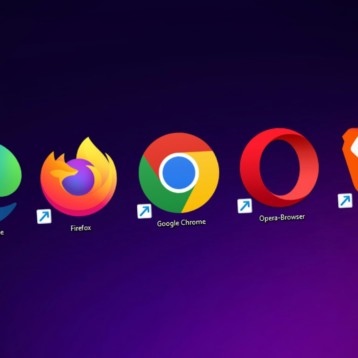
Image by Pete Linforth from Pixabay
Robots, machinery, and various industrial equipment are just some of the things connected through the Internet of Things (IoT) that signal what some are calling the fourth industrial revolution. Industrialists predict that by 2020, more than half of new businesses will run on IoT. Here is what you need to know about this emerging technology.
What is the Internet of Things?
The Internet of Things refers to the entirety of devices connected to the internet. Each device comes with its own unique identifier and a capacity to transport data to and from various terminals. Interaction between each device does not require human intervention and does not need to be controlled by a computer.
The International Telecommunications Union (ITU) gives a more succinct definition of what IoT is. It defines technology as:
“A global infrastructure for the information society, enabling advanced services by the interconnecting (physical and virtual) things based on, existing and evolving, interoperable information and communication technologies.”
Benefits of the Internet of Things
The scope of the internet of things is quite broad. As such, it has the capacity to make an impact across different sectors. IoT encompasses commercial, domestic, and industrial environments. Its scope includes security systems, lights, electronic gadgets, thermostats, and so much more. Within every organization, IoT can be incorporated into every working system, server, network, database, record, terminal, and communication gateway.
IoT and Business
The enterprise use of IoT has two segments: industry-specific applications such as in real-time location devices for healthcare and various sensors in the manufacturing setting; and general operational applications in all industries, such as smart air conditioning and security systems.
A variety of benefits can be gained when applying IoT in business. These include:
- Reduced operating costs
- A better understanding of consumer behavior
- Improved connectivity and efficiency
- Better customer service and experience
- Improved workplace safety
IoT and Software Development
IoT can prove very valuable to software development when it comes to improving interactions between various software applications and hardware devices. As such, it becomes an effective source of requirement gathering – both for internal and external sources. Information is passed down different channels much faster and is more available for analysis. In turn, software development companies obtain a faster response for critical items, which greatly reduces time to market for new versions.
IoT and Industry
The coming of the Industrial Internet of Things (IIoT) brings about Industry 4.0, the fourth industrial revolution. Within various industries, the IoT is implemented through a combination of sensors, wireless networks, big data, and analytics. These measure various processes to gain more data to optimize industrial processes.
IoT and Consumers
Perhaps the biggest benefit of IoT to consumers is that it creates a smarter, more measurable environment. Homes and offices generally become livelier with Amazon’s Echo and Google Home making it easier to play music, set timers, or find the answer to a question. Security systems are easier to set and monitor. Smart thermostats create an intuitive way to heat up or cool down various environments. Smart lighting systems can also improve security as they can be set to make it look like we’re home even when we’re not.







![10 Top Game Sites Not Blocked By School [2024 Updated]](https://thefutureofthings.com/wp-content/uploads/2024/10/image-25-358x358.png)


